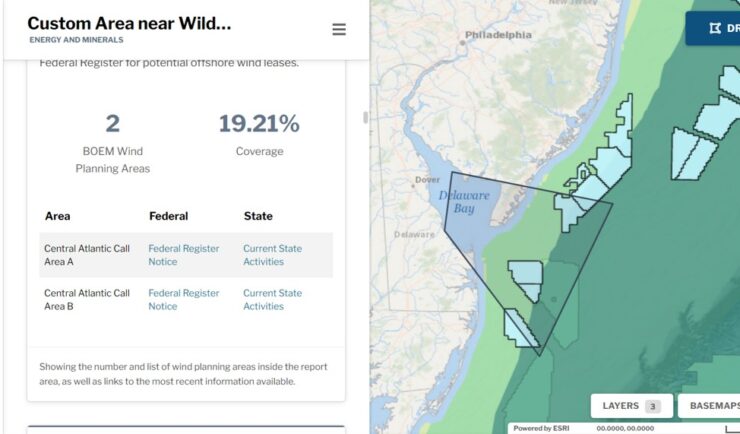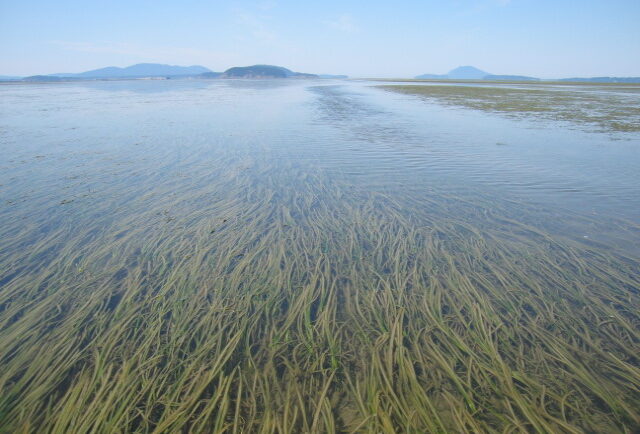Since 1982, members of our staff have supported EPA’s Office of Pesticide Programs. As part of this contract, our staff assess environmental and human health impacts on anthropogenic chemicals. The agricultural industry is critical to food and textile production, it is a large contributor to the U.S. economy. Not only does the industry provide food and materials for the U.S., it also provides products that are high-demand exports for other countries. Our dedicated staff help support this important industry by helping to ensure products used by the agricultural industry aren’t adversely impacting humans, animals, and the surrounding environment.

Our work consists of
- Evaluating pesticide residues in food and feed crops as well as livestock
- Evaluating mammalian toxicity data for agricultural and industrial chemicals
- Determining critical end-points, no-observed-adverse-effect levels and lowest-observed-adverse-effect, reference doses or reference concentrations, and cancer values
- Assessing risk and analyzing weight of evidence
- Evaluating chemical toxicity to non-target species
- Determining no-observed-adverse-effect levels and lowest-observed-adverse-effect levels
- Monitoring movement, metabolism, and degradation of chemicals in the environment
- Evaluating regulatory compliance and quality assurance
For 41 years our staff have been providing these services to EPA’s Office of Pesticide Programs, making this contract our longest client relationship!


See More CSS Insights

Developing Data and Tools to Support Offshore Wind
We have a team of staff who support offshore wind and other ocean planning efforts through two contracts with the National Oceanic and Atmospheric Administration. This team provides data development and management, web content management, and communication for the MarineCadastre.gov suite of products. Over several years, the team has produced, processed, and maintained nearly 300…

World Seagrass Day!
Seagrasses are critical to coastal and ocean ecosystems, protecting coastlines from erosion, stabilizing ocean sediment, and improving water clarity. They provide food and shelter for aquatic life, including seahorses, turtles, thousands of species of fish, and more. In addition, they are amazing carbon sequesters, meaning they absorb atmospheric carbon reducing greenhouse gases. On World Seagrass Day, we…
CSS Awarded Five Year Subcontract Supporting the Bureau of Engraving and Printing
For over 22 years, CSS has supported the Bureau of Engraving and Printing (BEP). Originally as a prime contractor, CSS began supporting BEP in 2002. In November 2024, a new prime contractor, Koniag, signed CSS as a major subcontractor, which enabled CSS employee owners to continue providing comprehensive environmental, occupational safety and industrial hygiene support…
